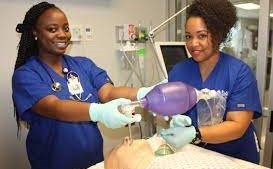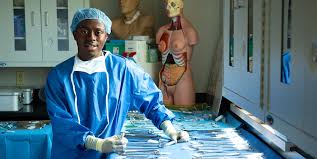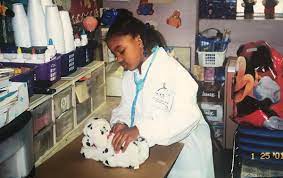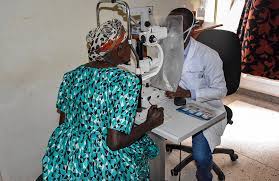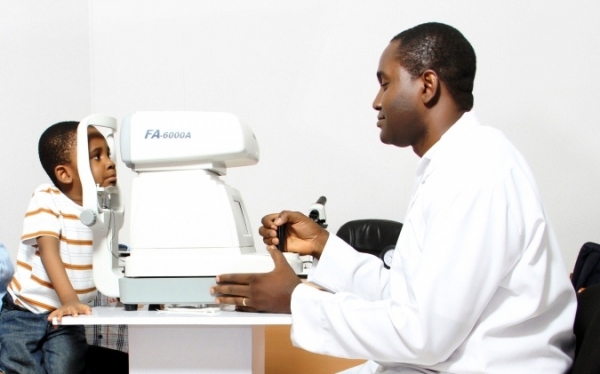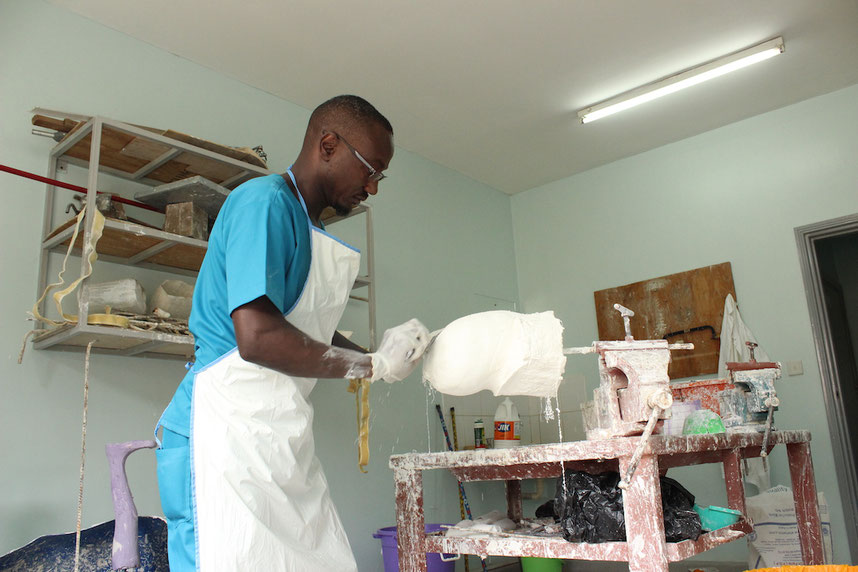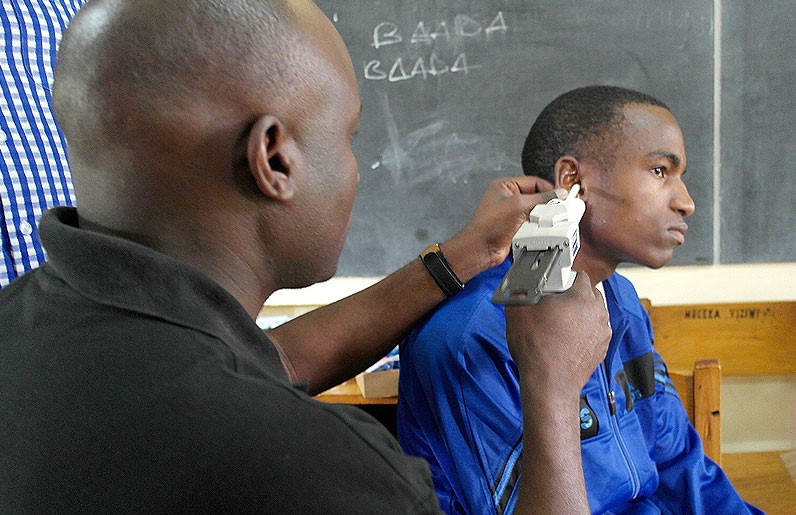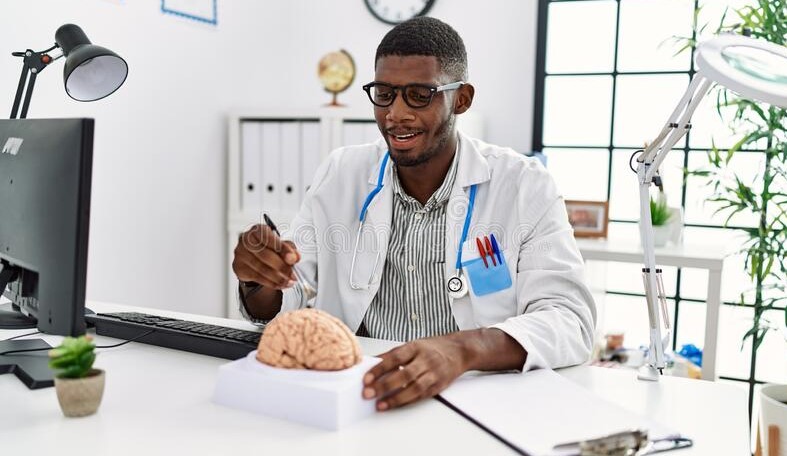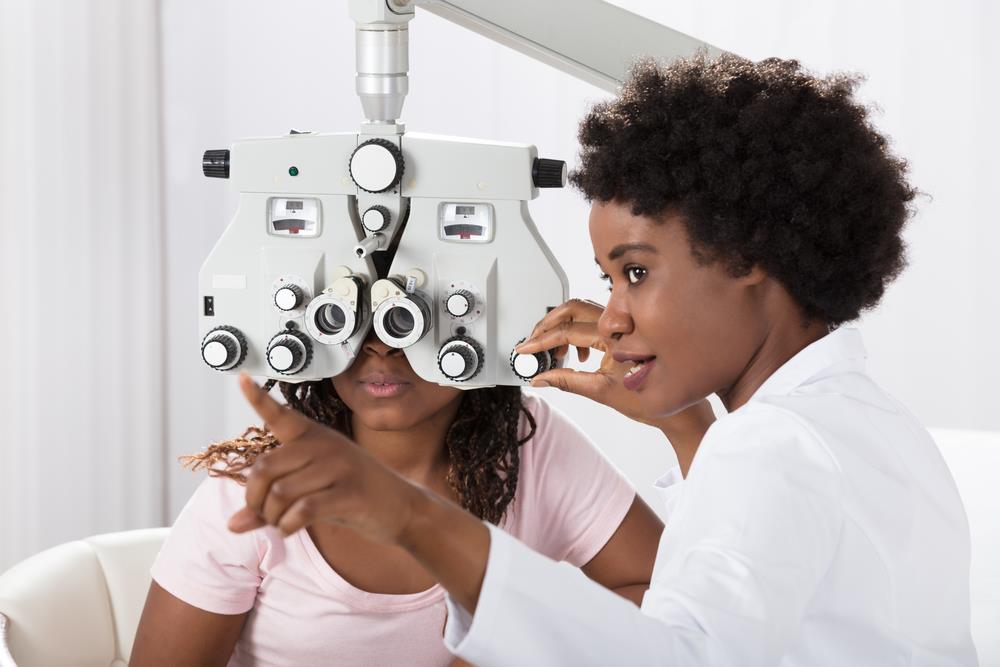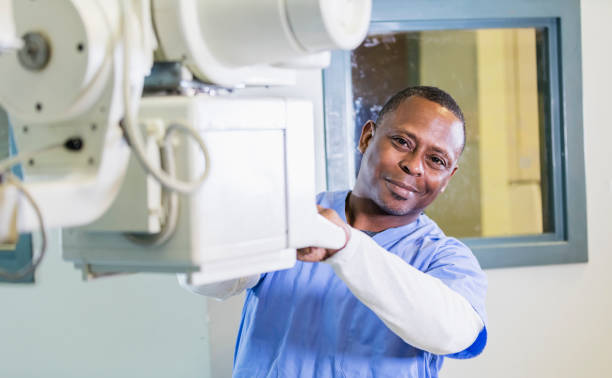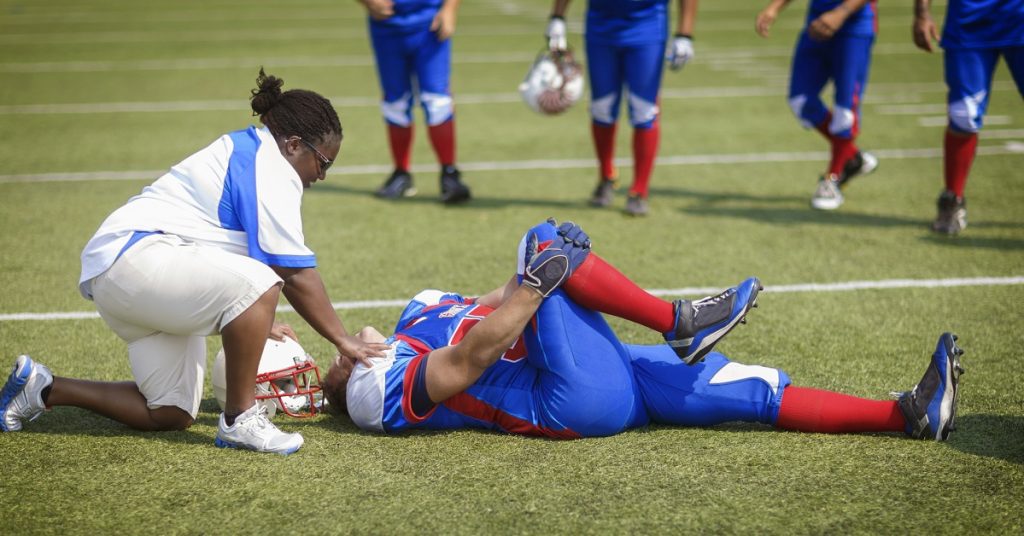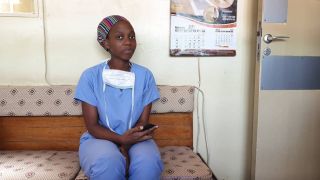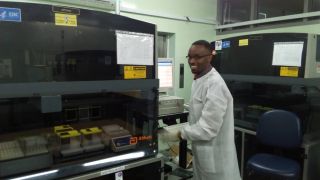Breaking News
- Ministry of Education and Sports Azerbaijan Government Scholarships For 2025-2026 Academic Year ...Read More
- Government Sponsorship Undergraduate Admission Lists 2025-26 for Makerere University ...Read More
- Ministry of Education And Sports: Egyptian Government Scholarships 2025-2026 Academic Year ...Read More
- Ground Breaker Full Scholarship for girls to study Software Engineering 2025 July Intake ...Read More
- Tony Elumelu Foundation Entrepreneurship Programme (TEEP) 2025 for young African Entrepreneurs ...Read More
- DESIGNING FUTURES 2050 International Design Competition 2025 (€15,000 prize) ...Read More
- Ground Breaker Full time Scholarship for girls to study Software Engineering 2025 Intake ...Read More
- Ministry of Education And Sports Algerian Vocational Training Scholarships for 2024-2025 AY ...Read More
- Ministry of Education and Sports Advert for the Algerian Government Scholarships for 2024-2025 ...Read More
- Uganda Dev Summit 2024 Live Stream ...Read More
Health Science Careers
Pharmacy Technician
Prepare medications under the direction of a pharmacist. May measure, mix, count out, label, and record amounts and dosages of medications according to prescription orders.
Know MorePsychiatric Technician
Care for individuals with mental or emotional conditions or disabilities, following the instructions of physicians or other health practitioners. Monitor patients' physical and emotional well-being and report to medical staff. May participate in rehabilitation and treatment programs, help with personal hygiene, and administer oral or injectable medications.
Know MoreRespiratory Therapy Technician
Provide respiratory care under the direction of respiratory therapists and physicians.
Know MoreSurgical Technologist
Assist in operations, under the supervision of surgeons, registered nurses, or other surgical personnel. May help set up operating room, prepare and transport patients for surgery, adjust lights and equipment, pass instruments and other supplies to surgeons and surgeon's assistants, hold retractors, cut sutures, and help count sponges, needles, supplies, and instruments.
Know MoreVeterinary Technologists and Technician
Perform medical tests in a laboratory environment for use in the treatment and diagnosis of diseases in animals. Prepare vaccines and serums for prevention of diseases. Prepare tissue samples, take blood samples, and execute laboratory tests, such as urinalysis and blood counts. Clean and sterilize instruments and materials and maintain equipment and machines. May assist a veterinarian during surgery.
Know MoreOphthalmic Medical Technician
Assist ophthalmologists by performing ophthalmic clinical functions. May administer eye exams, administer eye medications, and instruct the patient in care and use of corrective lenses.
Know MoreLicensed Practical and Licensed Vocational Nurse
Care for ill, injured, or convalescing patients or persons with disabilities in hospitals, nursing homes, clinics, private homes, group homes, and similar institutions. May work under the supervision of a registered nurse. Licensing required.
Know MoreMedical Records and Health Information Technician
Compile, process, and maintain medical records of hospital and clinic patients in a manner consistent with medical, administrative, ethical, legal, and regulatory requirements of the health care system. Process, maintain, compile, and report patient information for health requirements and standards in a manner consistent with the healthcare industry's numerical coding system.
Know MoreOptician, Dispensing
Design, measure, fit, and adapt lenses and frames for client according to written optical prescription or specification. Assist client with inserting, removing, and caring for contact lenses. Assist client with selecting frames. Measure customer for size of eyeglasses and coordinate frames with facial and eye measurements and optical prescription. Prepare work order for optical laboratory containing instructions for grinding and mounting lenses in frames. Verify exactness of finished lens spectacles. Adjust frame and lens position to fit client. May shape or reshape frames. Includes contact lens opticians.
Know MoreOrthotist and Prosthetist
Design, measure, fit, and adapt orthopedic braces, appliances or prostheses, such as limbs or facial parts for patients with disabling conditions.
Know MoreHearing Aid Specialist
Select and fit hearing aids for customers. Administer and interpret tests of hearing. Assess hearing instrument efficacy. Take ear impressions and prepare, design, and modify ear molds.
Know MoreNeurodiagnostic Technologist
Conduct electroneurodiagnostic (END) tests such as electroencephalograms, evoked potentials, polysomnograms, or electronystagmograms. May perform nerve conduction studies.
Know MoreOphthalmic Medical Technologist
Assist ophthalmologists by performing ophthalmic clinical functions and ophthalmic photography. Provide instruction and supervision to other ophthalmic personnel. Assist with minor surgical procedures, applying aseptic techniques and preparing instruments. May perform eye exams, administer eye medications, and instruct patients in care and use of corrective lenses.
Know MoreRadiologic Technician
Maintain and use equipment and supplies necessary to demonstrate portions of the human body on x-ray film or fluoroscopic screen for diagnostic purposes.
Know MoreOccupational Health and Safety Technician
Collect data on work environments for analysis by occupational health and safety specialists. Implement and conduct evaluation of programs designed to limit chemical, physical, biological, and ergonomic risks to workers.
Know MoreAthletic Trainer
Evaluate and advise individuals to assist recovery from or avoid athletic-related injuries or illnesses, or maintain peak physical fitness. May provide first aid or emergency care.
Know MoreGenetic Counselor
Assess individual or family risk for a variety of inherited conditions, such as genetic disorders and birth defects. Provide information to other healthcare providers or to individuals and families concerned with the risk of inherited conditions. Advise individuals and families to support informed decisionmaking and coping methods for those at risk. May help conduct research related to genetic conditions or genetic counseling.
Know MoreHome Health Aide
Provide routine individualized healthcare such as changing bandages and dressing wounds, and applying topical medications to the elderly, convalescents, or persons with disabilities at the patient's home or in a care facility. Monitor or report changes in health status. May also provide personal care such as bathing, dressing, and grooming of patient.
Know MorePsychiatric Aide
Assist mentally impaired or emotionally disturbed patients, working under direction of nursing and medical staff. May assist with daily living activities, lead patients in educational and recreational activities, or accompany patients to and from examinations and treatments. May restrain violent patients. Includes psychiatric orderlies.
Know More





























